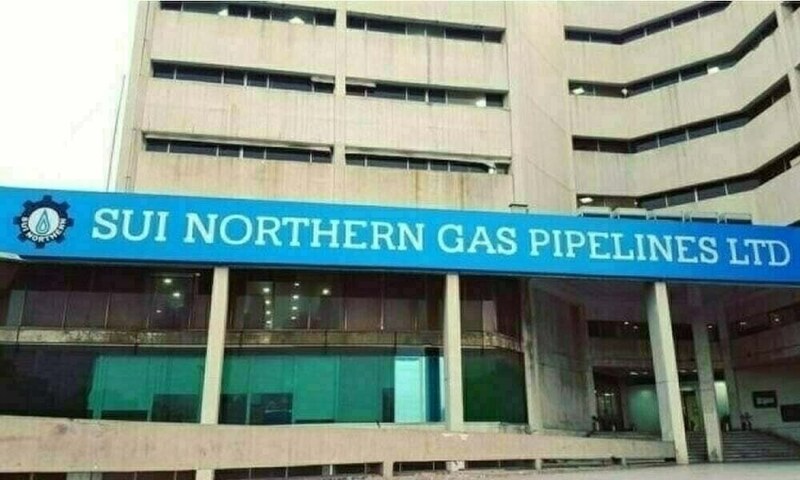ISLAMABAD: Sui Northern Gas Pipelines Limited (SNGPL) ignited controversy on Monday by proposing a 50 percent increase in its transportation tariff, a move strongly opposed by industry stakeholders who warn it could undermine the fragile competitive market recently opened to private sector participation.
At a public hearing held by the Oil and Gas Regulatory Authority (Ogra), it emerged that despite ongoing gas shortages, SNGPL’s operating expenses have surged sharply, rising from Rs66 billion in 2019-20 to Rs94 billion in 2023-24, while profits nearly doubled to Rs38.9 billion.
Industry representatives, including Universal Gas Distribution CEO Ghyas Paracha, criticised the proposed tariff hike as damaging to private sector viability, warning that it would further consolidate SNGPL’s dominant position and stifle competition.
“The worsening gas crisis is compounded by sector inefficiencies, yet SNGPL’s profitability continues to grow,” Paracha said, urging Ogra to conduct comprehensive performance audits of state-owned utilities and enforce uniform standards for unaccounted-for gas (UFG) losses.
Private sector stakeholders advocated full market liberalisation, expressing readiness to supply gas directly to residential consumers, a development that could ease the LNG surplus, which has resulted in the reduction of 400 mmcfd of indigenous gas supply.
Critics argue that the current tariff framework, based on a fixed return model, detaches company profits from actual gas volumes transported. “SNGPL’s operational footprint is contracting amid rising alternative energy use, yet costs and returns remain disproportionately high,” Paracha added.
Key reform proposals include implementing a multi-supplier, multi-buyer market structure to optimise infrastructure use and enhance competition.
They also call for overhauling SNGPL’s organisational and accounting systems to improve transparency and efficiency, replacing the current asset base return formula with a fixed margin per MMBTU transported, and introducing a multi-year fixed transportation tariff indexed to inflation and subject to annual regulatory review.
The All Pakistan Textile Mills Association (APTMA) voiced support for comprehensive gas market liberalisation, calling for the removal of supply caps on private firms and advocating separate benchmarks for LNG suppliers, while raising concerns about LNG cargo diversions amid domestic shortages.
Ogra Chairman Masroor Khan highlighted the regulator’s role in balancing consumer interests with investor returns, noting that Rs141 billion in relief has been granted to SNGPL consumers over the past five years.
SNGPL’s General Manager Operations, Saqib Abbas, defended the company’s stance, stating that pricing decisions lie beyond the utility’s authority and urged Ogra to reallocate cross-subsidy burdens to private shippers.
Copyright Business Recorder, 2025


